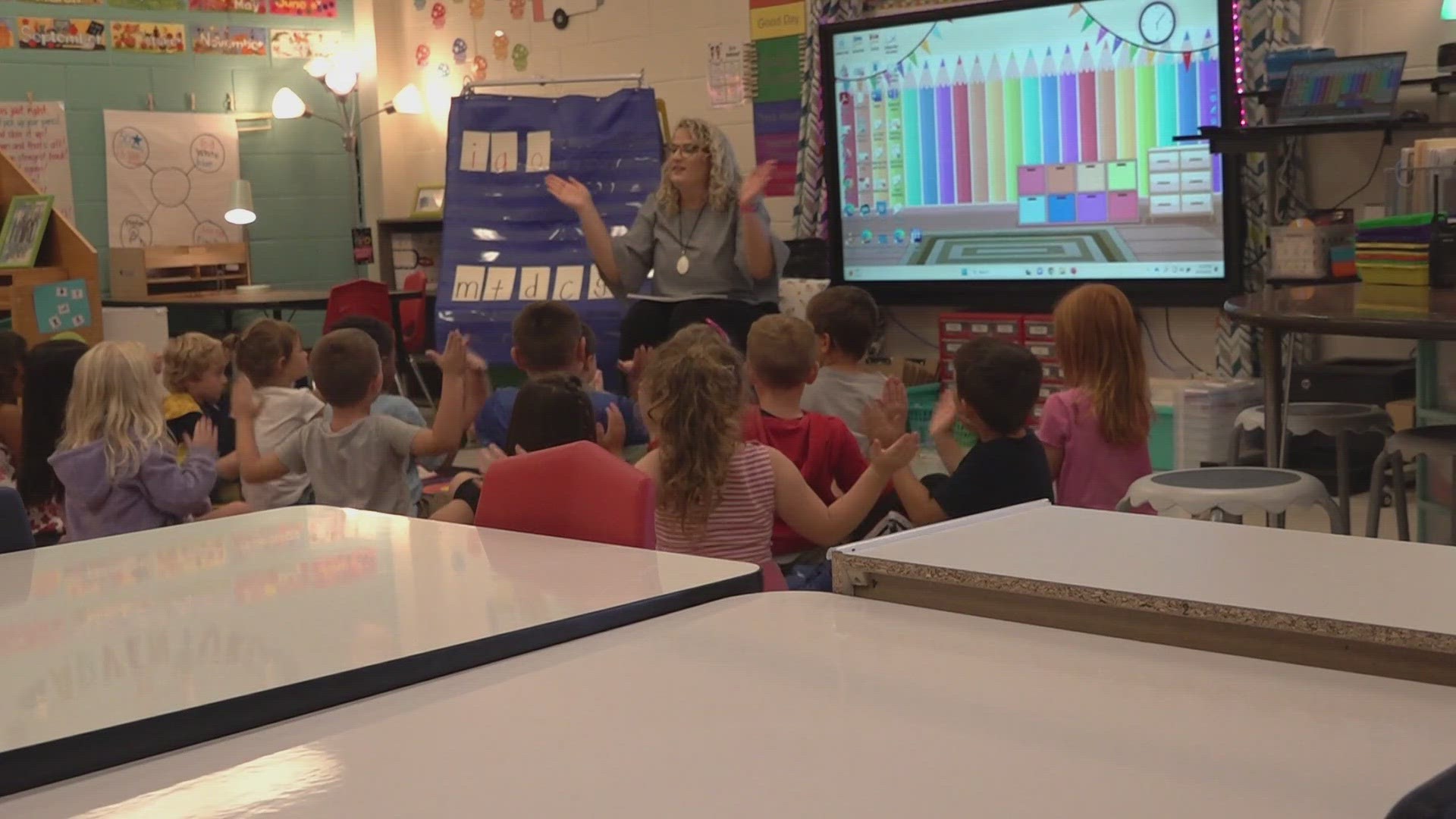TENNESSEE, USA — Despite all best efforts, around 5% of students may not be successful readers, according to Deborah Reed, the director of the Reading Research Center of Tennessee.
"That's really hard," Reed said. "And if you think about all the time they've spent in different classrooms and an intervention working to improve their skills, it's hard on them emotionally. We see high rates of anxiety and other tendencies for mental health disorders in people with lifelong reading disabilities."
However, that doesn't mean support for struggling readers goes away.
"Tutoring, there can be summer programs," Reed said. "Some students may qualify for special education services, which opens up other opportunities for them."
When Tennessee passed the Literacy Success Act, they began mandating reading benchmark tests three times a year in kindergarten through the second grade to measure progress and intervene with struggling readers. It is different than the TCAP.
Different tests look at signs of dyslexia, which some schools chose to continue until the eighth grade.
Knox County Schools uses tutoring and small groups to intervene with kids failing to meet proficiency standards or nearing a certain percentile.
"We're looking at students at that 41st to 26th percentile on that universal screener," said Dr. Erin Phillips, the Head of Literacy and Learning at Knox County Schools. "To say, 'How might we then put them in a tutoring group, to really support them at that one to three teacher-pupil ratio with intensive literacy support?'"
Phillips says they also provide support to students who are learning English as a second language, as well as students with learning disabilities.
Supports for your child within KCS may look like small group instruction, adding on additional learning materials, or having an additional staff member assist your student or a group of students.
Experts and educators state-wide said one of the best ways to help your child with instruction is to read with them or to them.

